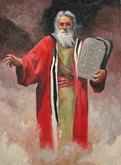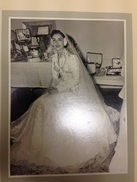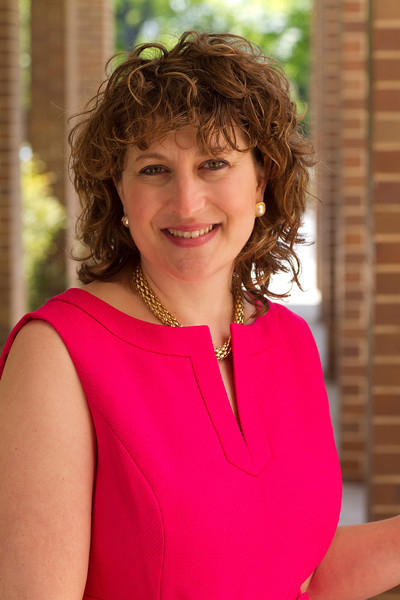
As we are about to begin the celebration of the Festival of Sukkot, we have many tasks at hand. We are commanded to build a sukkah, just after the completion of Yom Kippur. We are supposed to gather a lulav and etrog, and prepare for z’man simchateinu, our celebratory time. The lulav, representing the palm, myrtle and willow branches, along with the etrog, the citrus fruit specifically grown for Sukkot, are considered the four species, and we are commanded to use these four species to rejoice with our God.
During Sukkot, as is true with all Jewish festivals, we are reminded both of our connection to an event in Jewish history, as well as a connection with our land.
Throughout this week, we remember wandering through the desert for forty years, living in temporary structures called booths, or sukkot. Sukkot is also a harvest festival agriculturally speaking, and is sometimes called Chag Haasif, the Festival of the Ingathering.
In addition, the Holiday of Sukkot is meant to be a time to celebrate with family and friends and invite them into our sukkot. We are told to invite guests and to do hachnasat orchim, welcoming the stranger. The Kabbalists, or Jewish mystics, created the custom of inviting seven biblical guests into our sukkot. Traditionally, we invite Abraham, Isaac and Jacob, Joseph, Moses, Aaron and David. Each night, one of these “guests” is considered the honored guest of the day, called ushphizin.
Today, we not only invite our traditional biblical guests, but we invite guests from all ages; those who were famous and those who might only be known to each of us. Annually, we have the opportunity to determine whom we choose to invite into our sukkah. Perhaps we invite someone famous we have always wanted to meet. Perhaps we invite someone with whom we need to make repairs, in light of the High Holy Day season that has just passed. Perhaps we choose to invite someone from our family who has died, but with whom we choose to visit or converse.
Here are my invited ushpizin for this year:
1. Our Patriarch Moses. I choose to invite Moses into our sukkah. I see Moses as a wanderer, who knew, ultimately, that he was leading the Jewish people to the Promised Land, but was not always sure of his path or journey. He even knew toward the end of this life that he would not taste the Promised Land, but still needed to be a leader and fulfill his destiny. I have so many questions I would ask Moses. What was it like to be a leader of such a great people? How did he manage the fact that he would not enter the Promised Land? To what extent did he feel his journey was influenced by the good and bad around him, and not just by his own thoughts and determination?

wanted to sit in a room with Golda, to ask her of her vision and her strength. I
particularly admire Golda’s determination and desire to move things forward, in a
time when few women, if any, were heads of state, and certainly not within the
Jewish world.

3. My mother-in-law Sylvia Bravo z”l. I met my husband David one year after his mother died from cancer. I have heard stories and seen pictures of her; our son Samuel is named for her. But there is so much I would love to know: how do Sam and Sophie resemble their father from when he was young? What was life like for her when she was growing up? How did her family’s journey to South Africa influence her life and raising her children?
Who are your ushpizin whom you would like to invite into your sukkah? Why? What questions would you ask? Why those guests during this particular year?
Let us all celebrate the Festival of Sukkot with great strength, and great imagination. And may our guests enjoy their visits!
Chag Sameach!
Rabbi Debbie Bravo

 RSS Feed
RSS Feed
